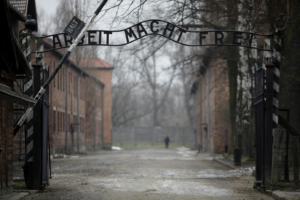WASHINGTON, July 9 (Reuters) – The U.S. Supreme Court on Thursday recognized about half of Oklahoma as Native American reservation land and overturned a tribe member’s rape conviction because the location where the crime was committed should have been considered outside the reach of state criminal law.
The justices ruled 5-4 in favor of a man named Jimcy McGirt and agreed that the site of the rape should have been recognized as part of a reservation based on the historical claim of the Muscogee (Creek) Nation – beyond the jurisdiction of state authorities. Conservative Justice Neil Gorsuch joined the court’s four liberals in the majority.
The ruling means that for the first time much of eastern Oklahoma is legally considered reservation land. More than 1.8 million people live in the land at issue, including roughly 400,000 in Tulsa, Oklahoma’s second-largest city.
Tribe members who live within the boundaries are now set to become exempt from certain state obligations such as paying state taxes, while certain Native Americans found guilty in state courts may be able to challenge their convictions on jurisdictional grounds. The tribe also may obtain more power to regulate alcohol sales and expand casino gambling.
The ruling could affect the other four of the “Five Tribes” in Oklahoma: the Cherokee, Chickasaw, Choctaw and Seminole tribes.
The ruling voided McGirt’s sentence of 1,000 years in prison but he could face a new trial in federal court rather than state court.
Under U.S. law, tribe members who commit crimes on tribal land cannot be prosecuted in state courts and instead are subject to federal prosecution, which sometimes can be beneficial to defendants. Reservations were established beginning in the 19th century after U.S. authorities expelled Native Americans from their traditional lands.




